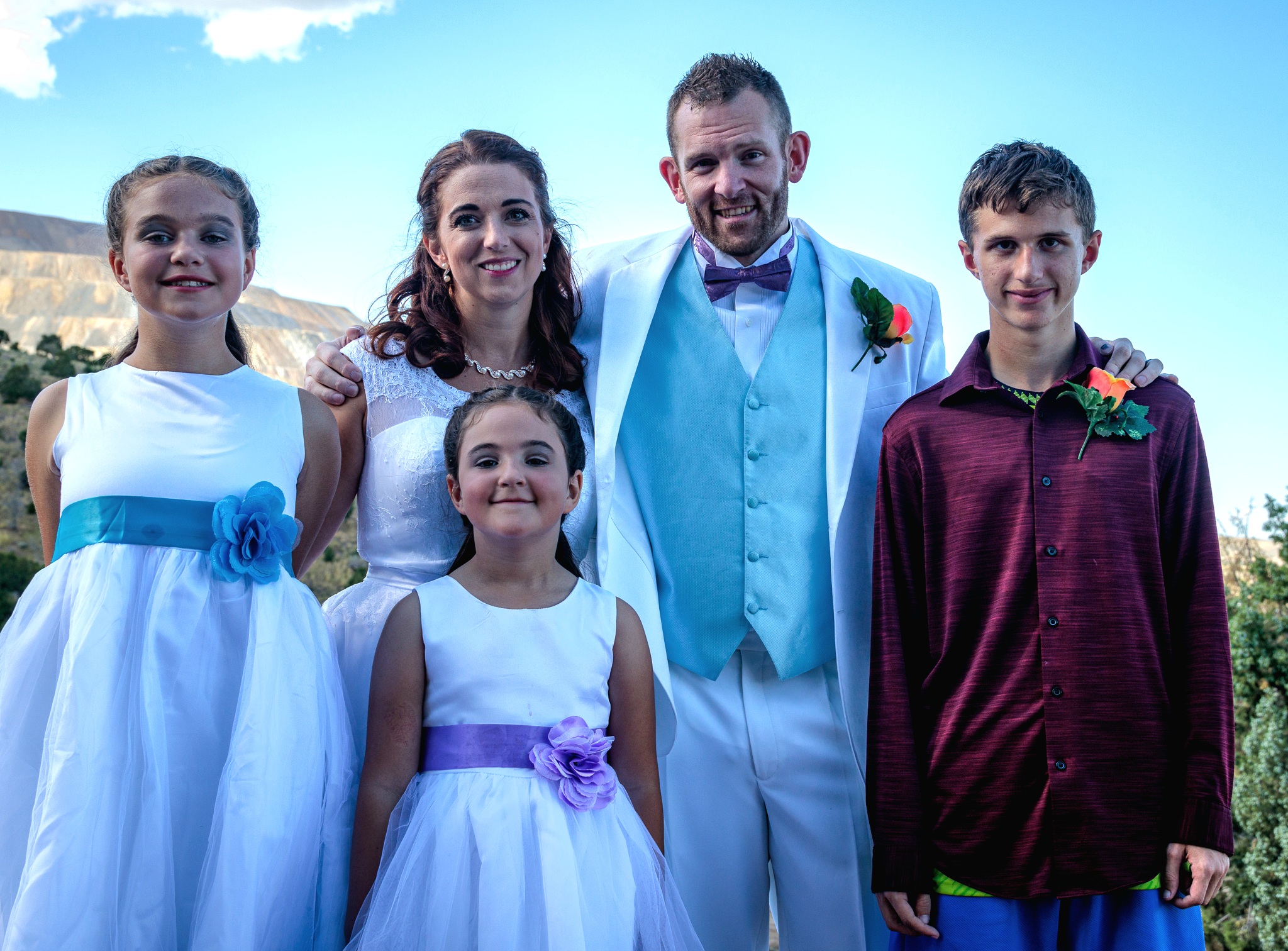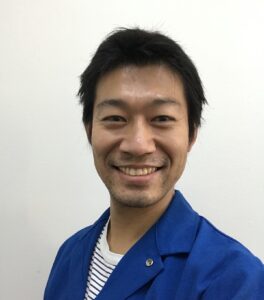
Amanda hopes her cancer journey is a positive example for her kids
April 22, 2024
This is a guest post by Amanda Reitz, a mother of three children who were 13, 9, and 5 years…
Read More
Dr. Shinji Ohtake received a 2023 Unclassified/Papillary RCC Focus Award for research on the “Development of Models of NF2 loss in papillary and unclassified variant of kidney cancer.” This award was supported by a gift from Brandon Butera and Maggie Valdes. Dr. Ohtake is a project scientist at the UCLA School of Meidicine. We spoke with Dr. Ohtake about his research and its impact on people with kidney cancer.
Can you briefly summarize your research project?
In previous eras, papillary renal cell carcinoma (pRCC) and unclassified RCC accounted for 15% and 5% of kidney cancer. Patients within these subtypes have aggressive disease and limited treatment options, resulting in poor outcomes. Neurofibromatosis 2 (NF2) is an autosomal dominant disease mainly characterized by high risk of schwannomas. In various forms of kidney cancer, NF2 mutations are common driver alterations. For example, NF2 is the most altered gene in unclassified RCC, found in 18% of cases. A large subset of pRCC (11-13%) also contain NF2 mutations. As there has been extensive research to characterize and target neurofibromatosis-related cancers at our institution, we wanted to create kidney cancer models allowing us to test these novel treatment strategies specific to other NF2-deficient tumors. The goal of this project is ultimately to improve the outcomes of patients with these RCC subtypes.
Papillary RCC is a good example of how defining many kidney cancer types is in flux. How does that hinder or help your research goals?
Recently the number of RCC subtypes have expanded to further subdivide both papillary variants with distinct morphology, or the presence of specific genomic alterations. While there is significant diversity in pRCC, we feel molecular classification will be key to best classify papillary variants with shared biology. NF2 mutations account for a large proportion within pRCC and unclassified tumors, and we are testing the specific agents shown to be effective against tumors with germline NF2 mutations. If ultimately effective, it will give further basis to molecularly stratify and treat a large subset of this diseases.
What about your research do you think should be most exciting to patients and their families?
I will create kidney cancer models and test drugs which are already used for other NF2-deficient tumors. This method saves time compared to searching for new drug candidates and hopefully shortens the time until they are brought to clinical practice. In addition, as some of these drugs are already in use, the side effects are widely known, and helps reassure patients when its actually administered.
What motivates you?
As a physician, I have served patients with RCC in the clinic and tried helping them. However, there are so many other kidney cancer patients whom I cannot provide care for all over the world. As a physician-scientist, by doing research and making novel discoveries, I can contribute to the treatment of as many patients as possible. hope that my research will help expand treatment options for the many patients who have limited treatment options.
What else do you want others to know about your work?
I want people to know that, despite rare variants of kidney cancer affecting a small number of patients, these are cancers with high morbidity and mortality. These are often young patients whose lives and their families are greatly impacted and their lives matter. I want people who may be impacted by these cancers to know that research is being conducted on their disease and to have hope that we are fighting daily to advance the field. Hopefully, more individuals will conduct research on these rare kidney cancer variants to accelerate the development of effective treatment methods as soon as possible.